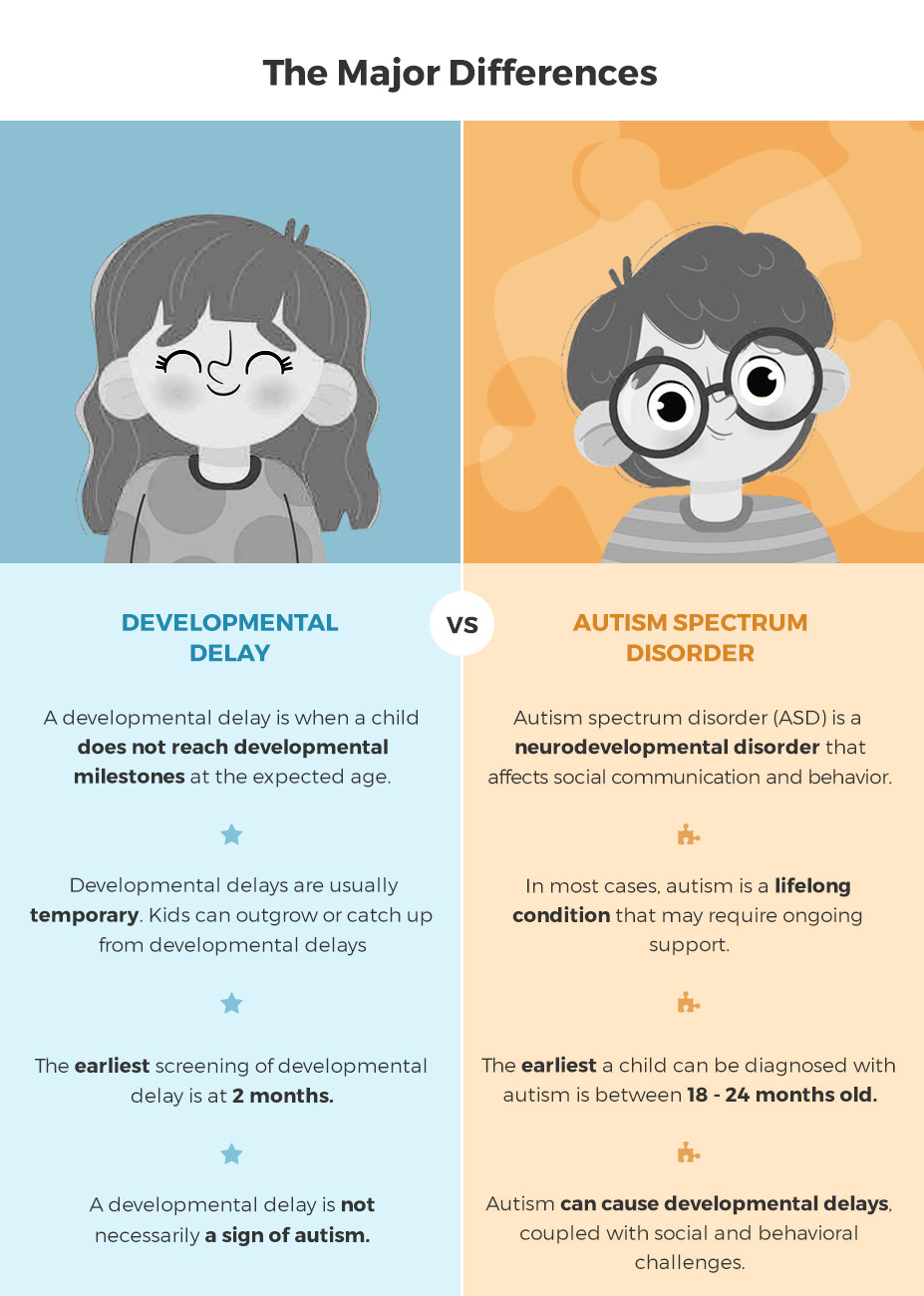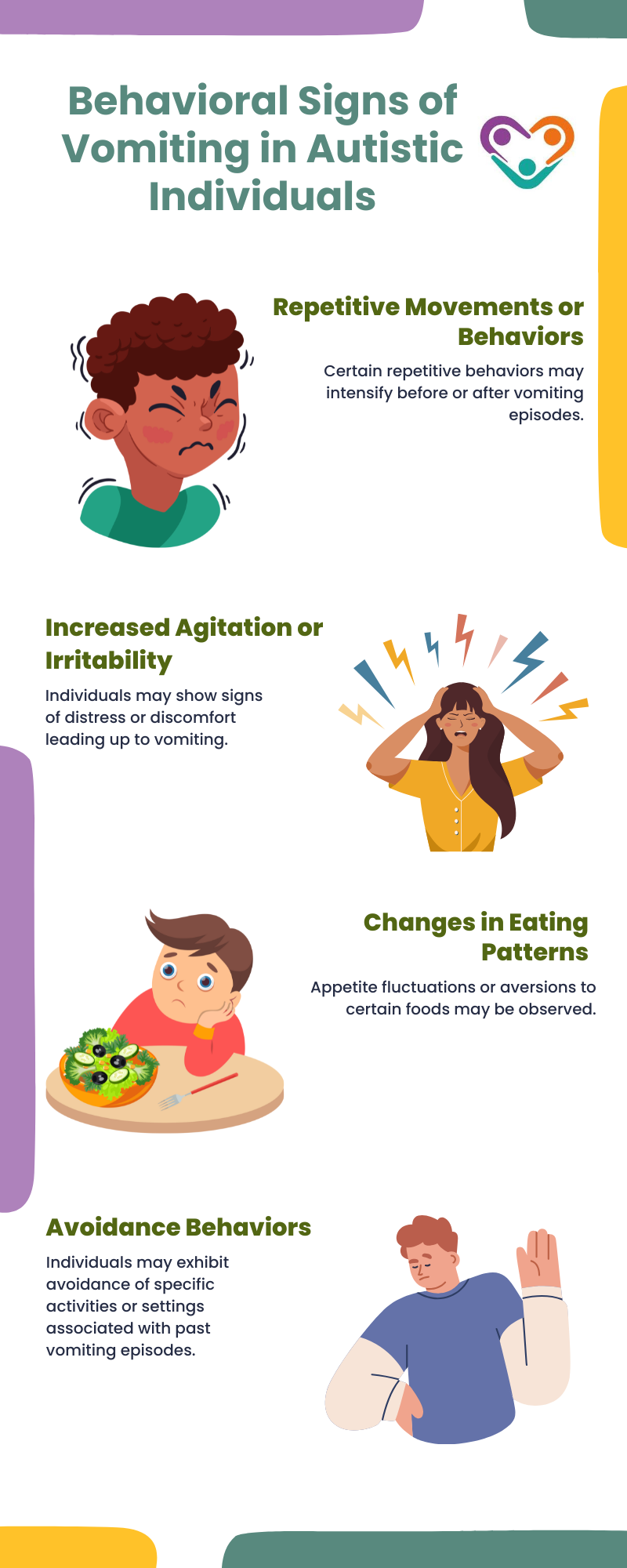Why early support from an Aba Therapist is key
Why early support from an Aba Therapist is key
Blog Article
Secret Symptoms And Signs to Identify in People With Behavior Autism
When you encounter somebody with behavioral autism, recognizing vital indications and signs is necessary. You may observe obstacles in social communications and interaction, in addition to a strong need for routines. Additionally, sensory sensitivities can lead to frustrating experiences. Understanding these attributes can boost your assistance and interventions, but there's more to discover about exactly how these habits materialize in daily circumstances. Let's discover what these indicators really resemble.
Obstacles in Social Interactions
When you interact with a person on the autism range, you may notice they fight with social hints and communication. These obstacles can make social communications feel overwhelming for them. You may see them preventing eye contact or standing also close or too away during conversations, which can develop misunderstandings. They could not pick up on body movement or face expressions, making it harder for them to gauge just how others are feeling.
When they do involve, they might speak regarding their passions in great information without noticing if you're interested. Understanding these challenges can assist you come close to interactions with empathy and patience, fostering a more comfy environment for both of you.
Difficulty With Verbal and Non-Verbal Communication

Non-verbal interaction can be much more tough. You may see a lack of eye contact or minimal use of gestures, which can make communications feel awkward. Face expressions may not constantly align with the discussion, causing confusion regarding their feelings. Acknowledging these signs is essential, as it aids you better assistance and involve with individuals on the autism spectrum. By understanding their interaction obstacles, you can promote more significant links and offer a more helpful environment.
Repeated Behaviors and Regimens
Interaction challenges commonly come with various other indicators of autism, such as repetitive behaviors and a strong preference for routines. You may notice that individuals with autism often participate in certain, repetitive activities, like hand-flapping, shaking, or duplicating phrases. These behaviors can offer comfort and a sense of control in a frequently overwhelming world.
When they adhere to a structured schedule,Regimens are just as vital; many individuals flourish. You may find that changes to these routines can lead to significant distress. If they have an everyday routine of consuming morning meal at a certain time or complying with a specific route to college, any disruption can create stress and anxiety.
Acknowledging these patterns assists you comprehend their behavior and provide assistance. By fitting their requirement for regular and allowing recurring activities, you can create an extra comfy environment that reduces their difficulties.
Sensory Sensitivities

Typical Sensory Triggers
Sensory sensitivities can considerably impact everyday life for people with autism, as specific stimulations typically activate frustrating responses. Typical sensory triggers include loud noises, intense lights, and solid scents. Understanding these triggers can aid you handle your environment better.
Behavior Feedbacks Explained
Comprehending your behavior reactions to sensory level of sensitivities is crucial, as they frequently disclose exactly how you connect with the world. You might additionally locate yourself looking for specific sensory experiences, like deep pressure or peaceful settings, to aid ground yourself. Acknowledging these patterns helps you comprehend your needs better and can assist exactly how you connect them to others.
Coping Strategies Summary
Identifying your sensory level of sensitivities is just the very first step; currently it's time to explore coping strategies that can aid you take care of those experiences effectively. Beginning by developing a sensory toolkit customized to your demands. Developing a structured routine can also give predictability, reducing anxiety around sensory overload.
Limited Rate Of Interests and Focus
While many individuals develop a wide array of rate of interests, those with autism typically demonstrate restricted passions and an intense concentrate on certain topics. You could notice that a person with autism can spend hours delving right into their favorite topic, whether it's a certain sort of train, a particular movie, or a clinical concept. This extreme emphasis isn't just a leisure activity; it can end up being a central component of their identification and social communications.
You may find that conversations focus on these rate of interests, and they might struggle to participate in more comprehensive topics. For them, these concentrated rate of interests provide comfort and a sense of proficiency. While it's vital to urge expedition of new subjects, appreciating their interests is just as vital. By recognizing and recognizing these limited interests, you can cultivate a helpful environment where they really feel valued and understood, enabling more significant connections and communications.
Psychological Policy Problems
Individuals with autism commonly encounter obstacles in psychological regulation, which can be influenced by their extreme concentrate on specific passions. You could observe that when a person is deeply engaged in a favored activity, they can experience solid emotions, whether exhilaration or aggravation. This strength often makes it difficult for them to change equipments or manage their feelings when things don't go as planned.

Irregularity in Developmental Turning Points
When it concerns developmental milestones, you'll see that individuals with autism frequently show a variety of irregularity. Some might strike landmarks on time, while others might delay behind or progression at a various speed. You could see a kid stand out in language abilities yet struggle with social communications. This variance can be complex, as standard benchmarks do not always use.
It's vital to identify that each individual's journey is special. Some may develop complicated skills early, just to face obstacles later on. Others may take longer to achieve standard landmarks yet then grow in particular areas. Observing these patterns can assist you understand their toughness and requires much better.
Frequently Asked Inquiries
Just How Is Autism Diagnosed in Children and Adults?
To diagnose autism in grownups and children, specialists evaluate behavior, interaction abilities, and social communications. They usually use standard tests, interviews, and observations to figure out if a private meets the criteria for autism spectrum condition.
Are There Various Kinds Of Autism Spectrum Disorders?
Yes, there are different kinds of autism range conditions, including Asperger's syndrome and prevalent developing disorder-not or else specified. Each kind differs in severity and qualities, so recognizing these distinctions can aid website you far better support people with autism.
What Therapies Are Reliable for Individuals With Autism?
When thinking about reliable therapies for people with autism, you'll locate alternatives like Applied Habits Analysis, speech therapy, and occupational therapy. Each approach can aid enhance interaction, social skills, and daily functioning tailored to individual requirements.
Can People With Autism Lead Independent Lives?
Yes, individuals with autism can lead independent lives. With the best assistance, skills training, and resources, you can assist them establish self-sufficiency, handle daily tasks, and flourish in various settings, fostering their independence.
Just How Can Families Support Loved Ones With Autism?
You can support your enjoyed ones with autism by producing an organized setting, motivating their interests, exercising persistence, promoting interaction, and advertising social skills. Celebrate their success, regardless of exactly how small, and build an encouraging community.
Although numerous individuals on the autism range can comprehend and make use of language, they frequently encounter considerable difficulties with both verbal and non-verbal communication. Identifying these signs is essential, as it assists you far better assistance and involve with individuals on the autism spectrum. You may observe that individuals with autism often engage in particular, repeated actions, like hand-flapping, rocking, or repeating expressions.Sensory sensitivities can considerably affect day-to-day life for individuals with autism, as certain stimuli typically trigger overwhelming reactions.When it comes to developmental turning points, you'll see that individuals with autism commonly reveal a broad range of variability.
Report this page